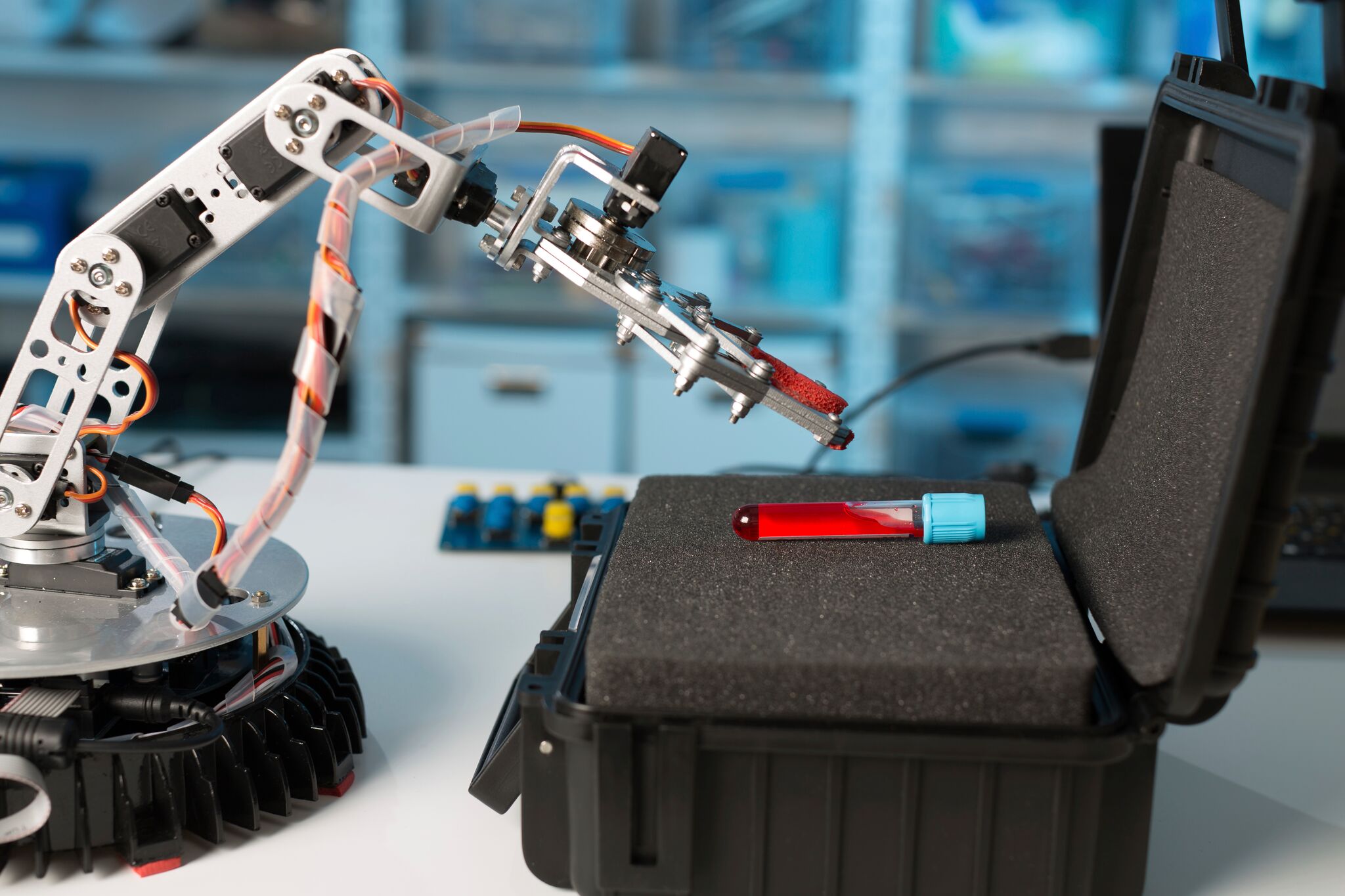
Regardless of how long the COVID-19 pandemic officially lasts, sterilization of surfaces is likely to be a required feature in public facilities of all types long after this current cycle has passed.
For that reason, facilities managers across society will likely be interested to hear the news that the Dubai Health Authority (DHA) has mobilized eight “smart” robots to sterilize its government-run hospitals and clinics.
The new practice coincides with the DHA’s re-opening of all diagnostic and therapeutic services for patients, and the goal is to make the process more efficient and less time-consuming.
According to Kholoud Abdullah Al Ali, Project Manager and leader of the DHA’s Dubai Future Accelerators team, the DHA has begun using eight intelligent robots to perform UV sterilization scans for all rooms and corridors in its health facilities.
“The UV robot has the ability to move automatically without the need for human intervention, and ensure greater and better coverage of high-contact areas,” she said. “Moreover, the robots provide 360-degree coverage and can repeat the same process with high accuracy several times.”
Al Ali also noted the move is part of the DHA’s ongoing efforts to adopt the latest technologies and smart systems in its operations and procedures, in line with DHA’s strategic plan to keep pace with global developments in the field of Artificial Intelligence.
According to reports, the UAE continues to see a reduction in new cases of COVID-19, which has resulted in the closure of two field hospitals in Dubai alone so far.
Moreover, a government spokesperson recently confirmed that over four million COVID-19 tests have taken place across the country to date, while a third stage study of a possible vaccine against the coronavirus has been approved by the Ethics Committee Scientific research in Abu Dhabi.
In addition to the ease of use of technology in the daily sterilization routine, which is especially beneficial for large areas, the robots are very efficient and can complete exhaustive sterilization of a room within 10 to 15 minutes which makes the process of infection prevention and control highly efficient.


